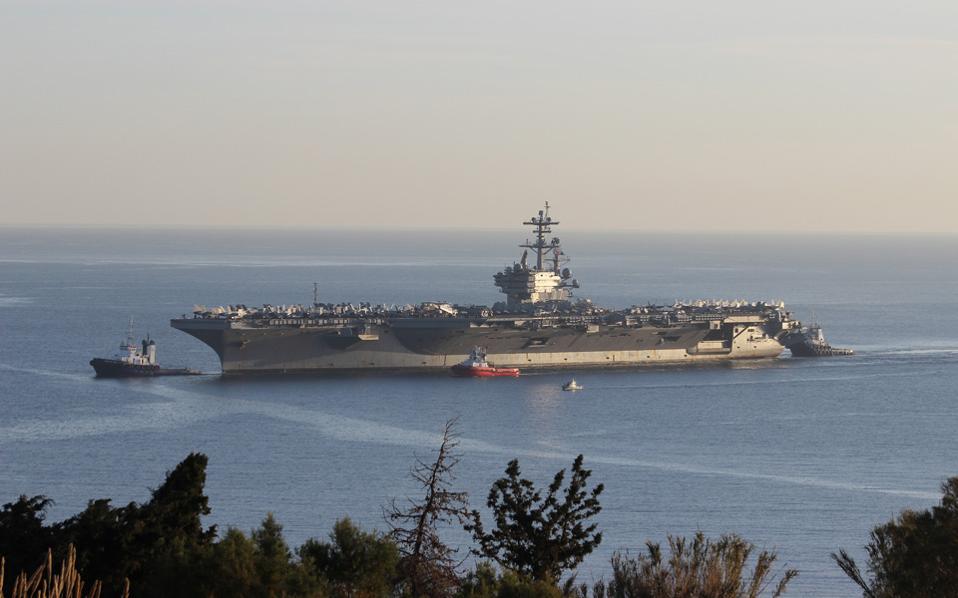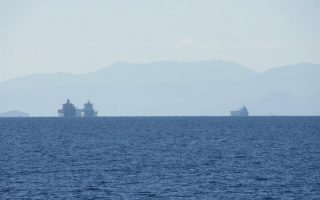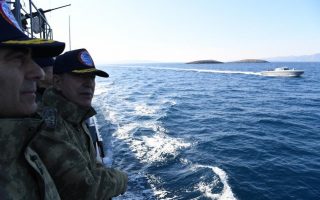Agreement needed on Souda Bay

The naval base at Souda Bay on Crete is a very important geopolitical card for Greece. It is a good thing that our politicians have matured and, in their great majority, agree with our allowing the United States to use it. But there is the danger of a Greek-US misunderstanding on the issue.
Defense Minister Panos Kammenos has said in public a few times that there must be a new deal allowing US forces to use the base for five to seven years. Until now, the agreement has been renewed annually. Washington wants to extend this before it starts spending on upgrading facilities, runways, and so on. Ideally, it would like a 10-year agreement, which would allow for long-term planning.
The government may find itself faced with a political issue if the renewal of the agreement goes through Parliament. It knows, however, that it will have opposition New Democracy’s backing. At the same time, thoguh, Greek expectations are high regarding what will be offered in exchange.
Among these is the supply of significant surplus weapons, such as two Arleigh Burke-class destroyers capable of carrying Aegis missile systems, or even an agreement for the purchase of F-35 aircraft. On the part of the Pentagon, and Congress, which will have first say on such a decision, these expectations are seen as unfounded for now.
It is considered unlikely that Greece will be part of a military aid program like those provided to Egypt and Israel. Decision-makers in Athens insist there must be some type of exchange to justify the agreement’s extension.
In Washington, however, there is certainty that the extension will be granted in any case. American officials and members of Congress note the benefits of the investment that will come with upgrading the agreement, including for the local community, the more frequent visits of thousands of Americans, and, of course, the strengthening of military bonds between Greece and the USA.
It is clear that a compromise must be found between the Greek expectation of significant benefits and Washington’s certainty of a deal.
Reliable sources believe that Prime Minister Alexis Tsipras has not yet taken a clear position on the issue, and that his basic priority is not so much the procurement of arms as gaining firm geopolitical support for the government in its need for debt relief and in keeping Turkey in check.





